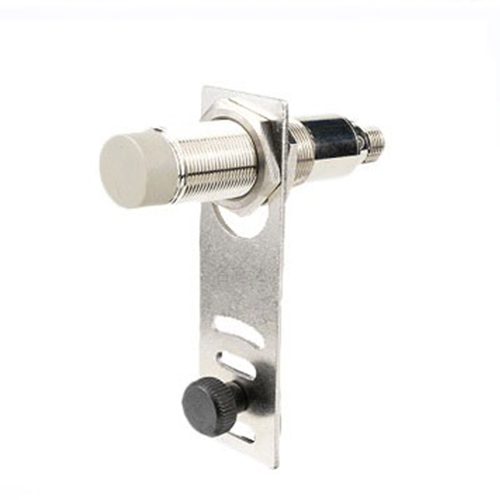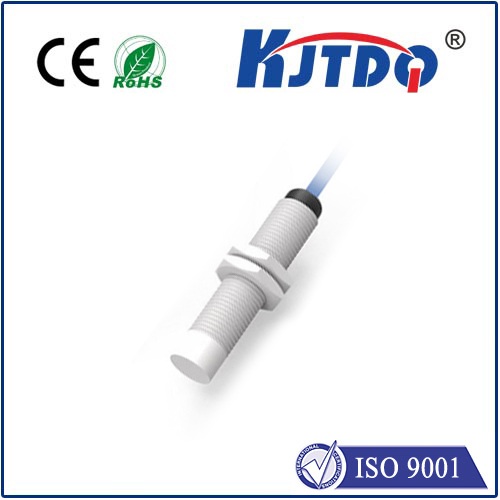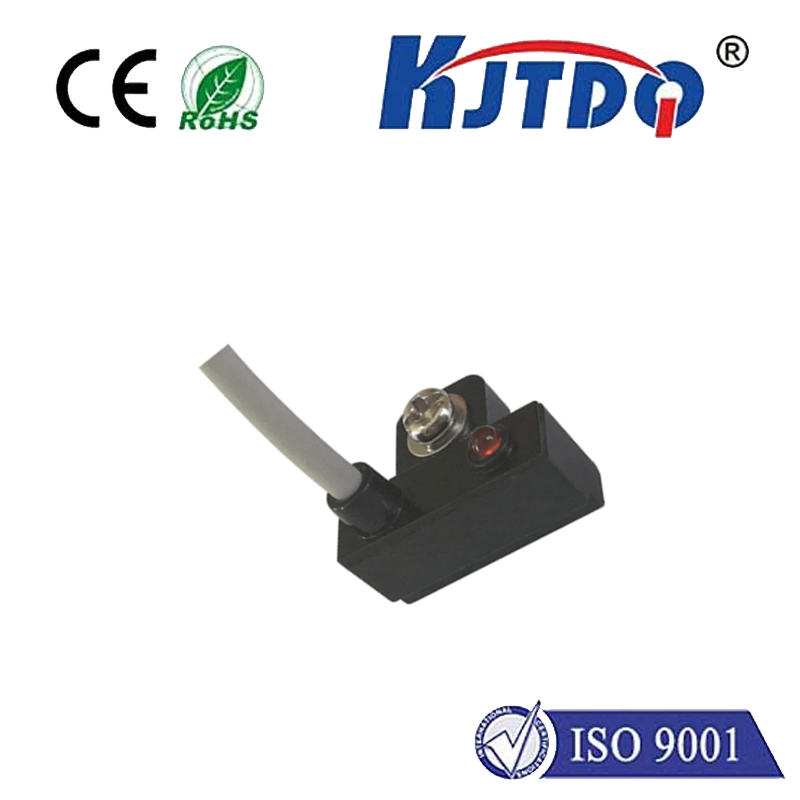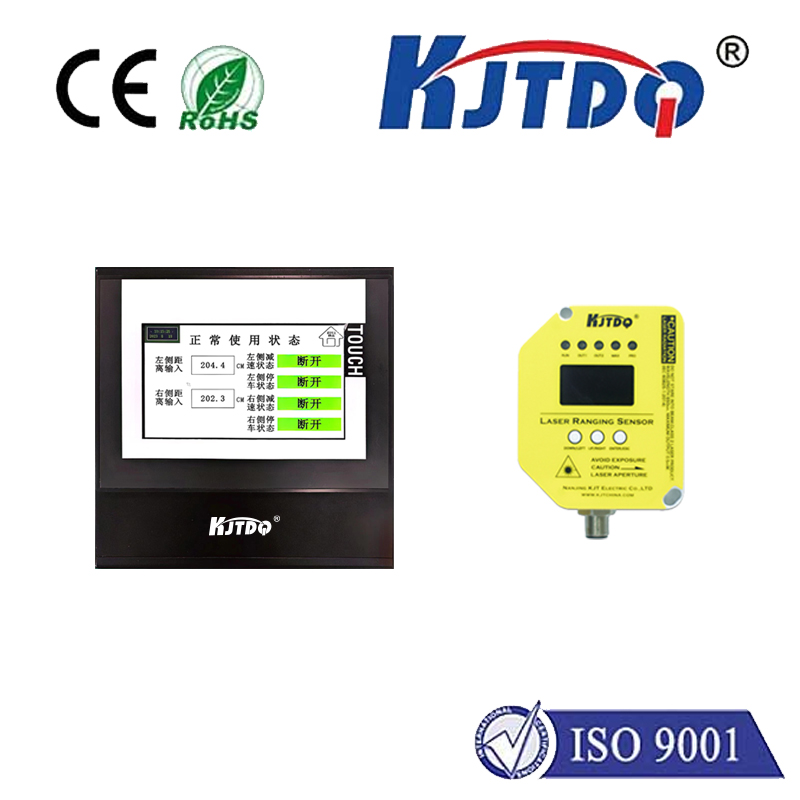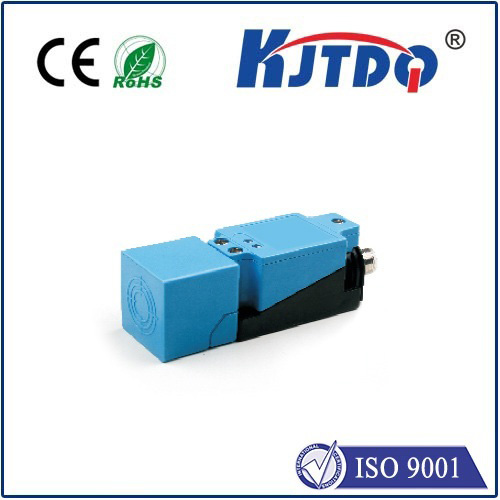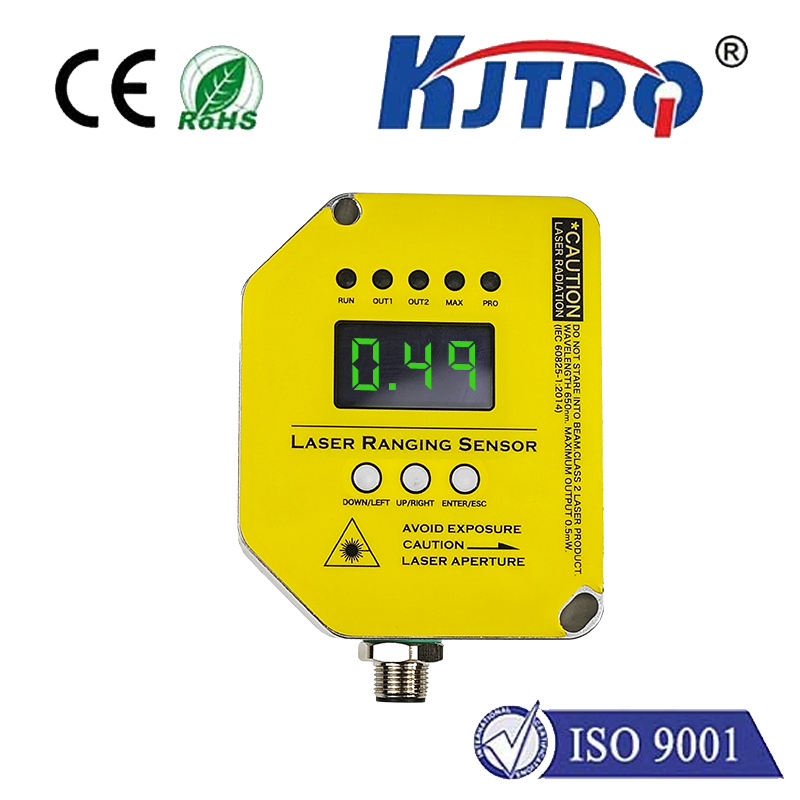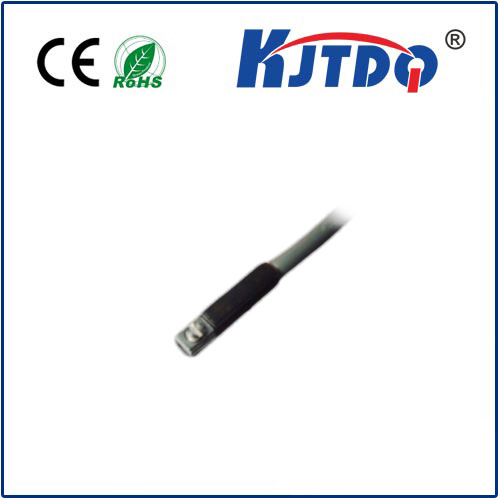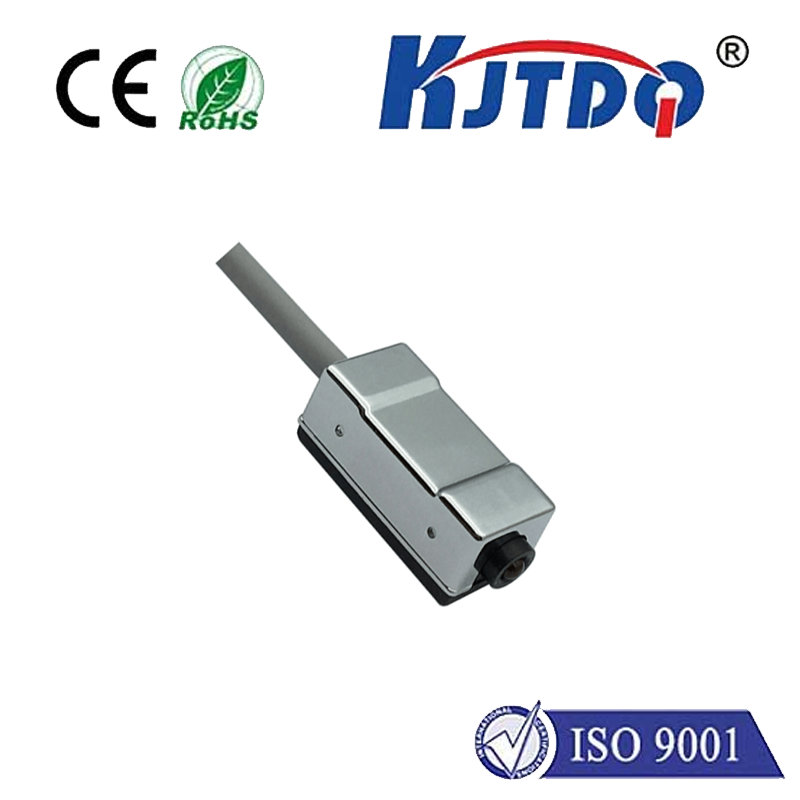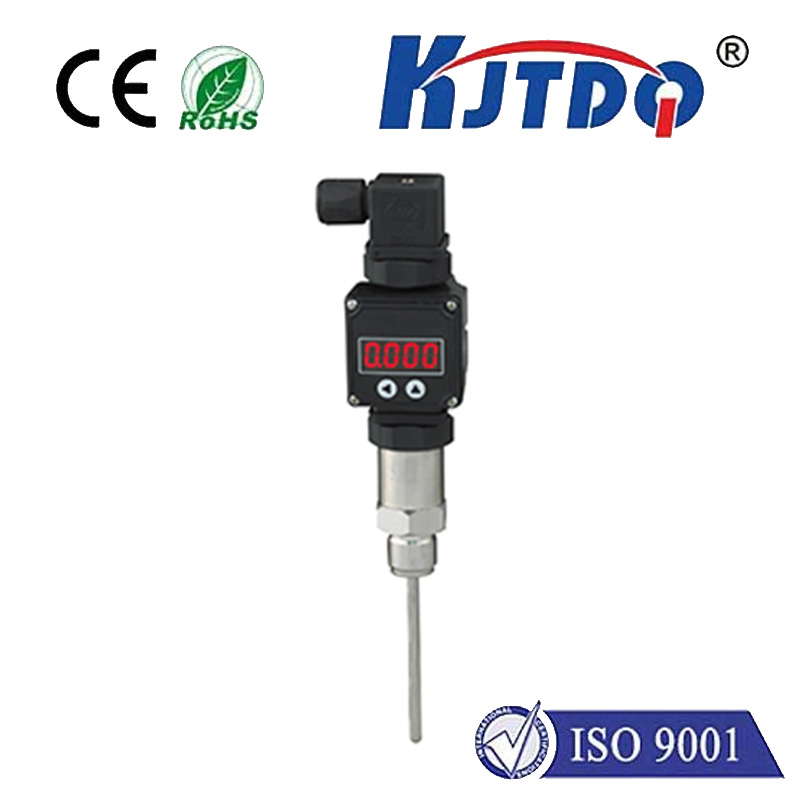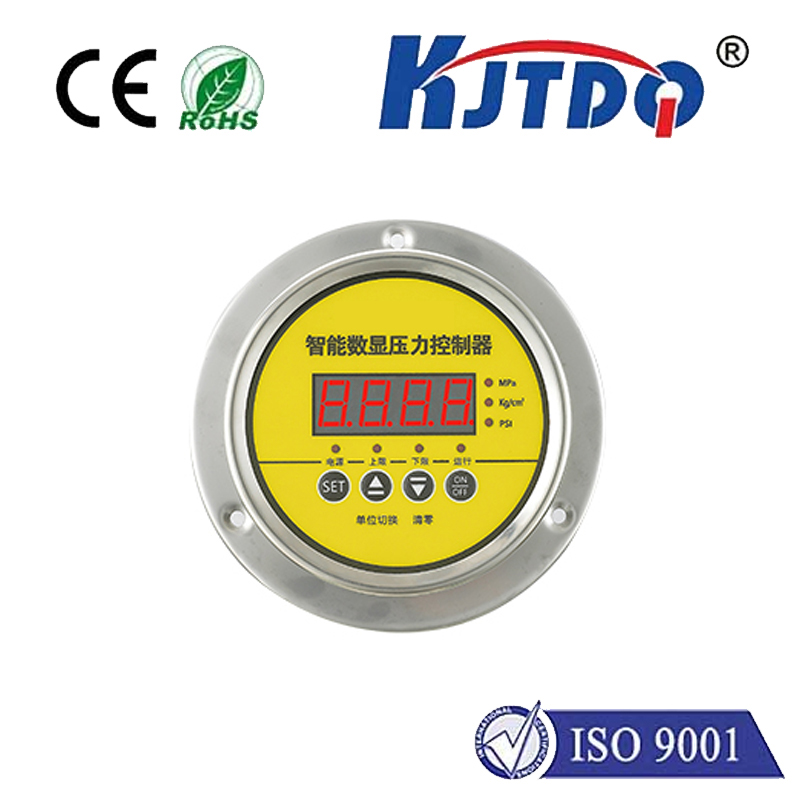BES05NU high pressure proximity sensor
- time:2025-10-17 04:42:32
- Click:0
BES05NU Proximity Sensor: Unwavering Detection in Demanding High-Pressure Environments
Industrial automation thrives on reliability. When critical processes involve machinery operating under intense hydraulic pressure, extreme temperatures, or harsh chemical exposure, standard sensors often falter. Finding a detection solution that not only performs its core function but also withstands relentless environmental punishment is paramount. This is where the BES05NU High Pressure Proximity Sensor steps into the spotlight – engineered as a robust beacon of dependable non-contact sensing where others might fail.
Imagine a hydraulic press stamping metal components, the lines pulsing with immense pressure. Picture a sophisticated CNC machining center, its cutting tools cooled by aggressive fluids under high pressure. Envision injection molding machines clamping tons of force. Within these demanding environments, proximity sensors play a vital role: detecting cylinder piston positions, confirming tool changes, safeguarding operators, and verifying component presence. A sensor failure here isn’t just inconvenient; it can trigger costly downtime, compromise safety, and lead to significant production losses. Standard sensors might succumb to seal failure, material degradation, or signal interference under such duress.

Proximity sensors, particularly inductive types like the BES05NU, work by generating an electromagnetic field. When a conductive metal target enters this field, eddy currents are induced, causing a change in the field’s oscillation. The sensor detects this change and switches its output state. The beauty lies in the non-contact operation, eliminating mechanical wear and tear and enabling high-speed detection. However, the true challenge surfaces when this reliable principle must operate flawlessly amidst intense physical pressure exerted on the sensor housing and seals, potentially leading to:
- Seal Breach: High-pressure fluids forced into the sensor body, causing internal corrosion or electrical failure.
- Material Stress: Housing deformation or cracking under sustained high loads.
- Signal Instability: Mechanical stress affecting internal components and electronic signal integrity.
- Premature Failure: General degradation from incompatible fluids or extreme pressure cycles.
The BES05NU High Pressure Proximity Sensor is specifically designed to conquer these harsh industrial realities. It represents a category of sensors built to far exceed standard environmental ratings. Here’s what typically makes the BES05NU series stand out as a solution for high-pressure proximity sensing:
- Exceptional Pressure Resistance: This is its defining characteristic. The BES05NU is engineered to withstand significantly higher static and dynamic pressures directly applied to its housing and sensing face compared to standard inductive sensors. This capability is crucial for reliable operation within hydraulic and pneumatic systems operating at hundreds or even thousands of PSI/Bar.
- Robust Housing & Sealing: Constructed typically from high-grade V4A (AISI 316L) stainless steel, the housing offers superior strength and resistance to deformation. Crucially, it incorporates advanced multi-layer sealing technologies specifically designed to prevent fluid ingress even under extreme pressure conditions over long durations. This robust sealing translates directly to an IP67/IP68 rating or higher, signifying unparalleled protection against dust and high-pressure, high-temperature water jets or immersion.
- Compatibility with Aggressive Media: Beyond pressure, industrial environments often involve exposure to oils (like HLP, HFD), hydraulic fluids, emulsions, coolants, and cleaning agents. The BES05NU’s materials, particularly its sealing elements, are selected for excellent chemical resistance against these common yet aggressive media. This ensures long-term functionality without seal swelling, degradation, or leakage.
- Wide Temperature Tolerance: Industrial processes generate heat, and ambient conditions can vary drastically. The BES05NU is designed to operate reliably over an extended temperature range (e.g., -25°C to +100°C, or wider depending on exact model), maintaining stable performance despite thermal fluctuations.
- Non-Contact & Maintenance-Free: Like all inductive sensors, it requires no physical contact with the target, ensuring long service life and eliminating mechanical wear. Once installed correctly, it demands minimal attention.
- Reliable Electrical Output: Provides stable PNP or NPN switching signals into control systems like PLCs, crucial for precise machine control sequences. Short-circuit and reverse polarity protection are often standard features, enhancing operational safety.
The applications demanding the high-pressure resilience of the BES05NU are numerous and critical:
- Hydraulic Power Units & Cylinders: Direct mounting on hydraulic cylinders (rod or cap end) for piston position detection, even amidst high-pressure hydraulic fluid surges. Essential for press control, clamping verification, and cylinder sequencing.
- Pneumatic Systems (High-Pressure): Detection within applications utilizing high-pressure compressed air for actuation or control.
- Fluid Power Systems: Monitoring valve positions, actuator states, and component presence within high-pressure oil, coolant, or water circuits.
- Machine Tools (CNC, Milling, Turning): Position sensing for tool changers, workpiece clamps, or coolant flow verification where high-pressure coolant jets are prevalent.
- Die Casting & Plastic Injection Molding Machines: Position detection on clamping units, ejectors, and core pulls, where high clamping forces create demanding environments near seals.
- Test Benches & Pressure Vessels: Monitoring components within setups simulating or utilizing very high pressures.
- Marine & Offshore Equipment: Sensing tasks exposed to high-pressure saltwater spray or hydraulic systems on deck machinery.
Investing in a purpose-built high-pressure proximity sensor like the BES05NU translates directly into tangible operational benefits:
- Dramatically Reduced Downtime: Robust sealing and high-pressure resistance prevent the most common causes of sensor failure in demanding applications.
- Enhanced Process Reliability & Safety: Consistent, accurate detection ensures machines operate as programmed, preventing malfunctions and safeguarding personnel and equipment. Predictable operation is key.
- Lower Total Cost of Ownership (TCO): While potentially a higher initial investment than standard sensors, the extended service life and minimal maintenance requirements significantly reduce replacement costs and unplanned stoppages over time.
- Simplified System Design: Eliminates the need for complex protective housings or relocation strategies often required for standard sensors in high-pressure zones, saving engineering time and installation costs.
When operational integrity depends on flawless sensing within the unforgiving world of high-pressure hydraulics, aggressive coolants, and industrial extremes, settling for a standard sensor is a significant risk. The BES05NU High Pressure Proximity Sensor provides the robustness, reliability, and unwavering performance specifically engineered for these challenges. It represents not just a component, but a commitment to maximizing uptime, ensuring safety, and optimizing efficiency in the most demanding corners of industrial automation. Selecting the right sensor for extreme pressure isn’t merely a technical choice; it’s a strategic investment in operational resilience.






